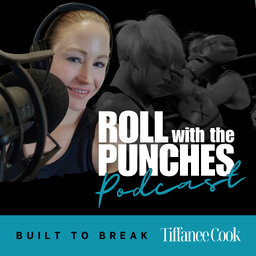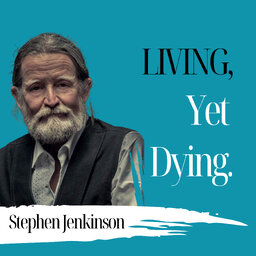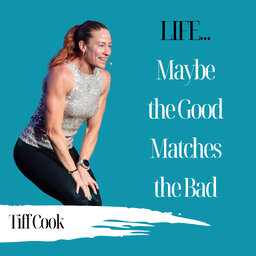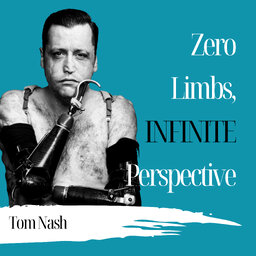101 Not Out: A Century of Wisdom with My Pop | Frank Cook - 886
Ain't many blokes blowing out 101 candles these days, let alone ones as sharp as a tack and as witty as my Pop Cook! Safe to say, this episode is a pretty special one for me (and my family). What a gift to sit down, record his tales, and not only share them with the world but also etch them into history... something we’ll cherish for a lifetime.
As we talked, my mind conjured up scenes straight out of an old Netflix series. The kind of stories you read about or see in movies. Back when people traveled by horse and cart, and school was too far away for most kids to attend. Pop grew up on a farm and became a farmer himself. His father fought in WWI, taking shrapnel to the leg, and by the time WWII broke out, Frank (Pop) was just 15, already busy working the land and taking over the farm. He was 32 when television first reached Australia... 32 years without TV! Imagine that.
A hard worker, a husband, a father, a grandfather. The epitome of good character and integrity. One hell of a sportsman, and as he’ll tell you himself, at 101, he’s made thousands of friends and not a single enemy. So yeah, I’m pretty damn proud to call him my pop.
Hope you enjoy his tales as much as I did!
SPONSORED BY TESTART FAMILY LAWYERS
Website: testartfamilylawyers.com.au
TIFFANEE COOK
Linktree: linktr.ee/rollwiththepunches/
Website: tiffcook.com
LinkedIn: linkedin.com/in/tiffaneecook/
Facebook: facebook.com/rollwiththepunchespodcast/
Instagram: instagram.com/rollwiththepunches_podcast/
Instagram: instagram.com/tiffaneeandco
 Roll With The Punches
Roll With The Punches


